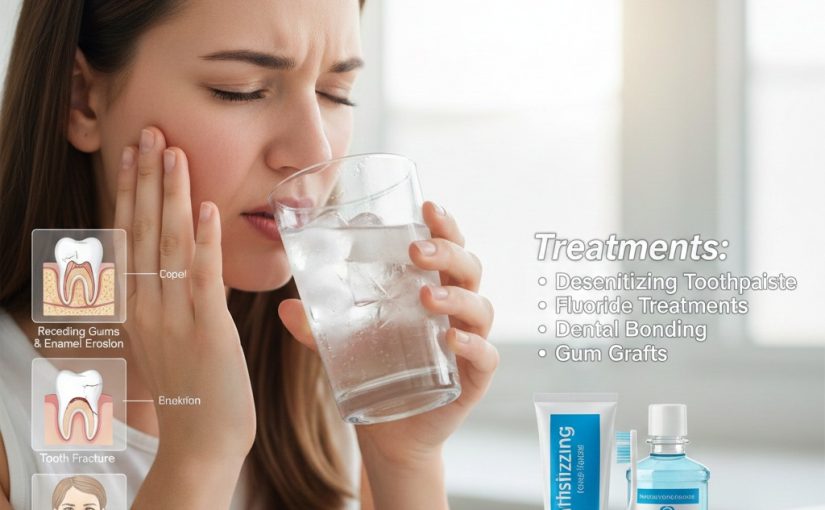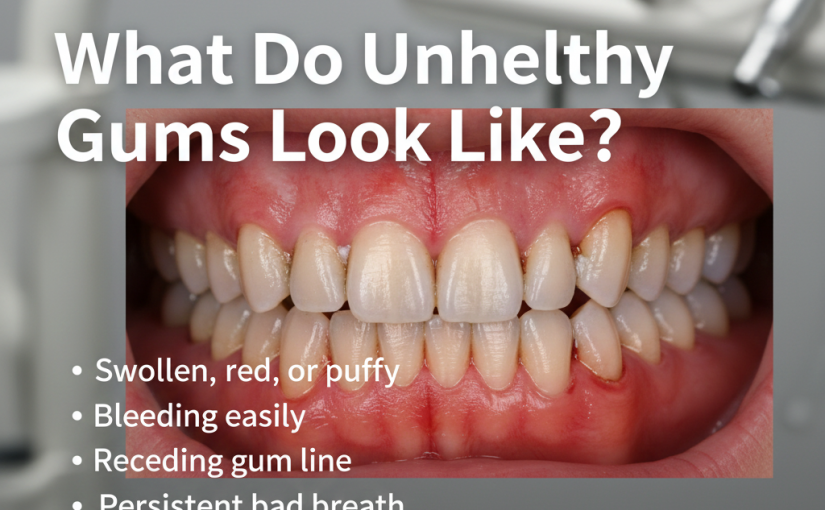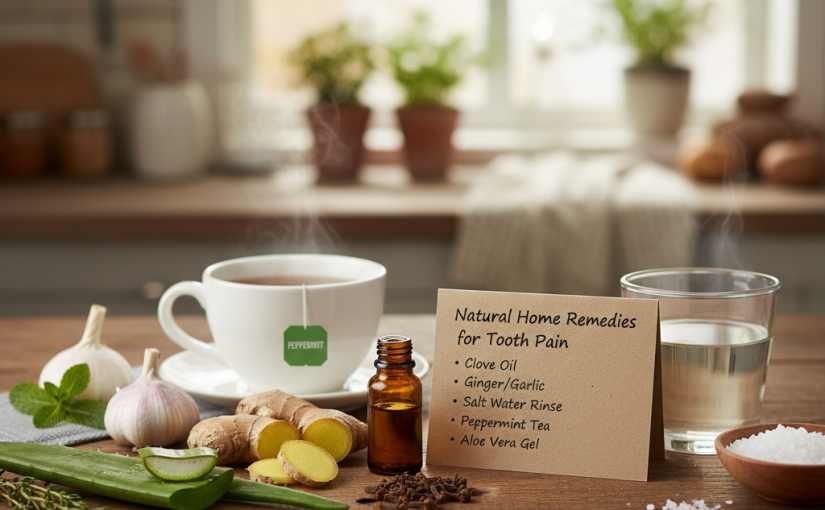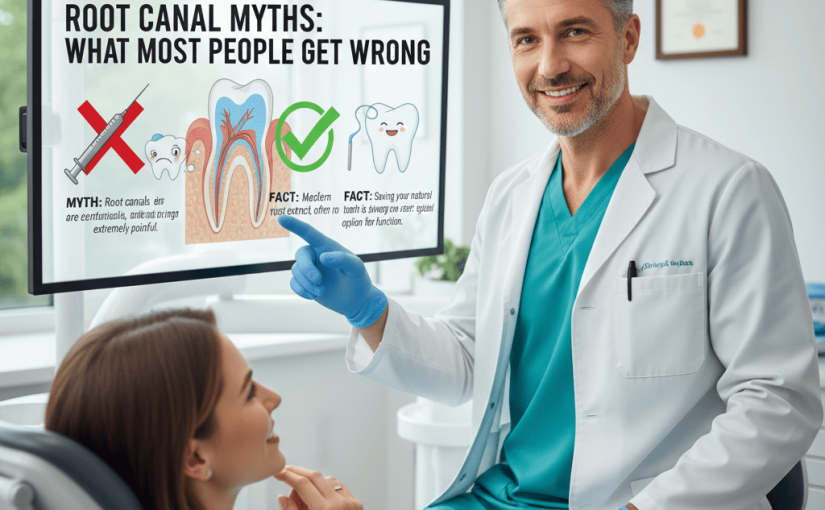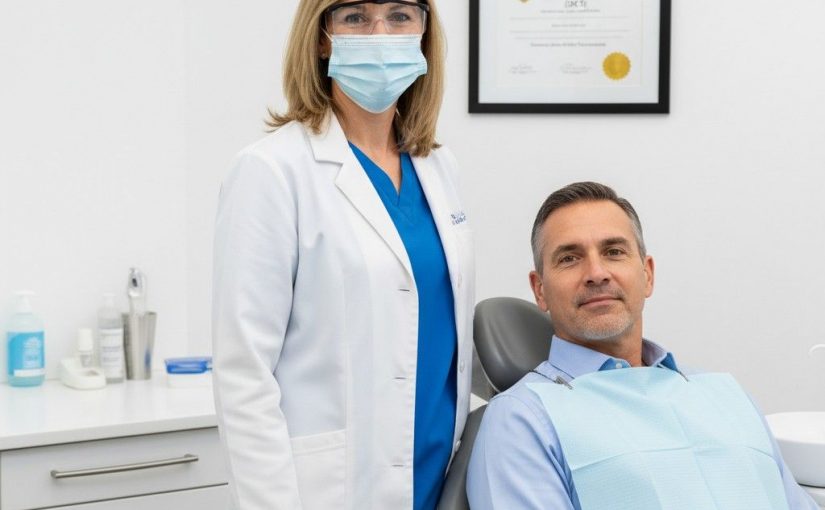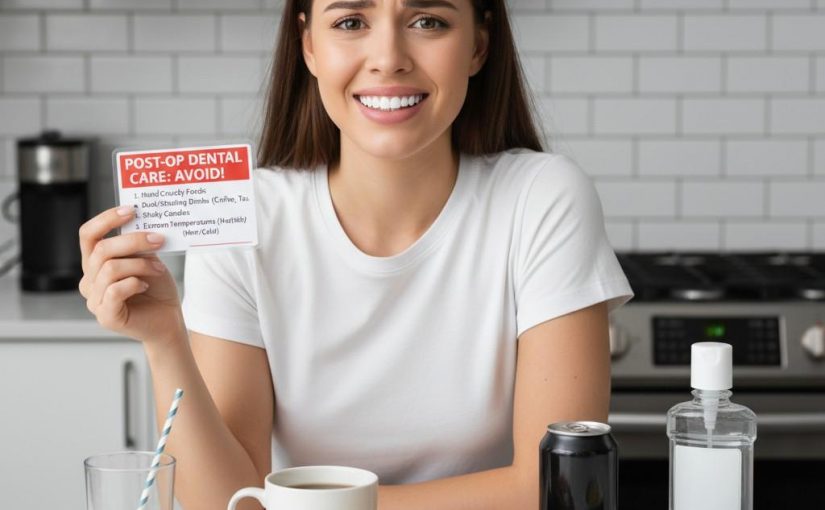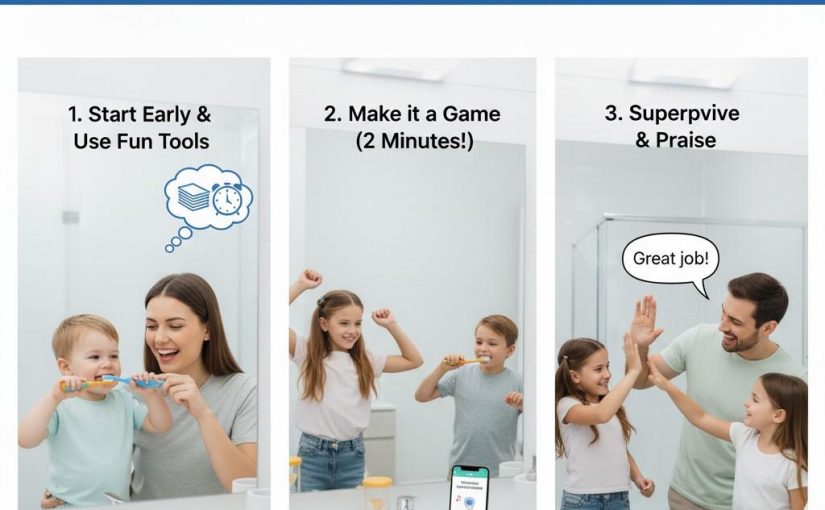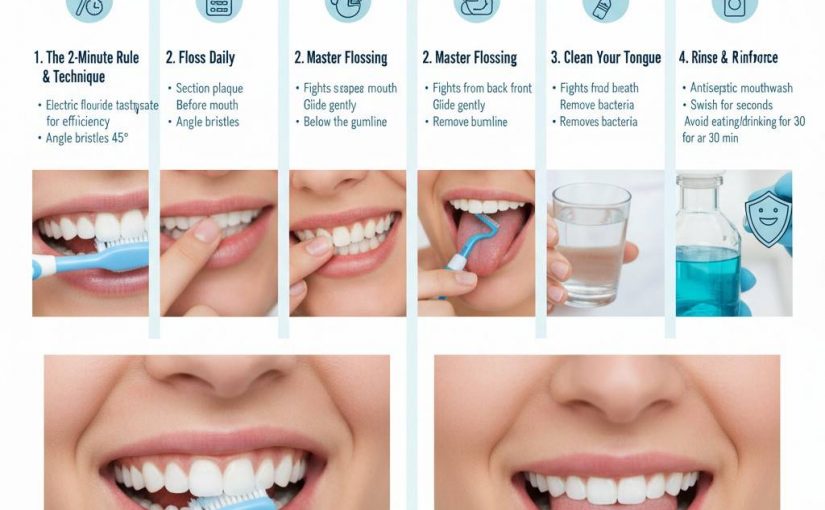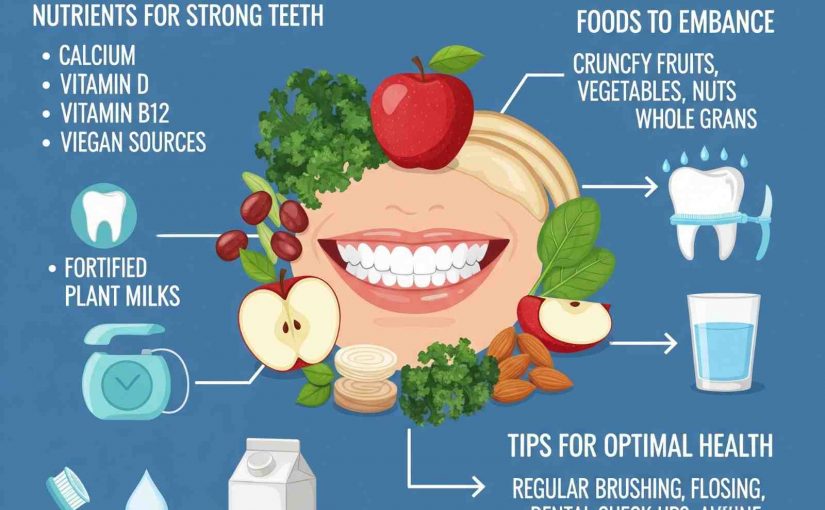Do you feel a sharp, sudden twinge in your teeth when drinking something hot, cold, sweet, or acidic? Tooth sensitivity is a common dental concern that can range from mildly annoying to seriously uncomfortable. At Metro City Dentistry, we often see patients who delay treatment because they assume sensitivity is normal. In reality, it’s usually a sign that something needs attention.
Understanding the causes of tooth sensitivity—and knowing the available treatments—can help you protect your teeth and enjoy daily activities without discomfort.
What Is Tooth Sensitivity?
Tooth sensitivity occurs when the protective enamel on your teeth wears down or when gum tissue recedes, exposing the underlying dentin. Dentin contains tiny tubules that connect to the tooth’s nerve, making it more responsive to temperature changes, pressure, and certain foods.
While sensitivity may affect just one tooth or several, it should never be ignored if it persists or worsens.
Common Causes of Tooth Sensitivity
There are several reasons you may be experiencing sensitive teeth. Some of the most common include:
Worn or thinning enamel
Aggressive brushing, using a hard-bristled toothbrush, or frequent consumption of acidic foods and drinks can wear down enamel over time, leaving teeth vulnerable.
Gum recession
When gums pull away from the teeth, the tooth roots become exposed. Because roots don’t have enamel protection, they are especially sensitive to hot and cold temperatures.
Tooth decay or cavities
Cavities can expose the inner layers of the tooth, leading to sensitivity and pain when eating or drinking.
Cracked or chipped teeth
Even small cracks can allow temperature changes or bacteria to reach the nerve, causing discomfort.
Teeth grinding (bruxism)
Grinding or clenching your teeth, often during sleep, can wear down enamel and increase sensitivity.
Recent dental treatments
Procedures such as whitening, fillings, or deep cleanings can cause temporary sensitivity, which usually fades within a few days.
When Tooth Sensitivity Is a Concern
Occasional sensitivity may not be serious, but certain symptoms should prompt a dental visit. These include:
- Sensitivity that lasts more than a few seconds
- Pain that occurs without a clear trigger
- Sensitivity focused in one specific tooth
- Discomfort that interferes with eating or drinking
At Metro City Dentistry, we evaluate the cause of sensitivity rather than just treating the symptom.
Effective Treatments for Tooth Sensitivity
The right treatment depends on the underlying cause. Fortunately, there are many effective ways to reduce or eliminate tooth sensitivity.
Desensitizing toothpaste
Specially formulated toothpaste helps block pain signals from the tooth’s surface to the nerve. With regular use, many patients notice improvement within a few weeks.
Fluoride treatments
Professional fluoride applications strengthen enamel and reduce sensitivity by protecting exposed dentin.
Dental bonding or sealants
If enamel loss or exposed roots are the issue, bonding or sealants can cover sensitive areas and restore protection.
Treatment for gum recession
In cases of advanced gum recession, gum grafting or targeted periodontal care may be recommended to protect exposed roots.
Nightguards for teeth grinding
If grinding is contributing to sensitivity, a custom nightguard can protect your teeth while you sleep and prevent further damage.
Restorative dental care
Cavities, cracks, or damaged fillings may require restorative treatment such as fillings, crowns, or root canal therapy to fully resolve sensitivity.
At-Home Tips to Prevent Tooth Sensitivity
You can also take steps at home to reduce sensitivity and protect your teeth:
- Use a soft-bristled toothbrush and a gentle brushing technique
- Avoid excessive acidic foods and beverages
- Don’t brush immediately after consuming acidic items
- Wear a nightguard if you grind your teeth
- Maintain regular dental checkups and cleanings
How Metro City Dentistry Can Help
At Metro City Dentistry, we take a personalized approach to treating tooth sensitivity. Our experienced team will identify the cause, recommend the most effective treatment, and help you maintain long-term comfort and oral health.
Don’t Live With Tooth Sensitivity
Tooth sensitivity is not something you have to “just live with.” With the right care, relief is possible. If you’re experiencing discomfort when eating or drinking, schedule an appointment with Metro City Dentistry today. We’re here to help you enjoy a healthier, pain-free smile again.



